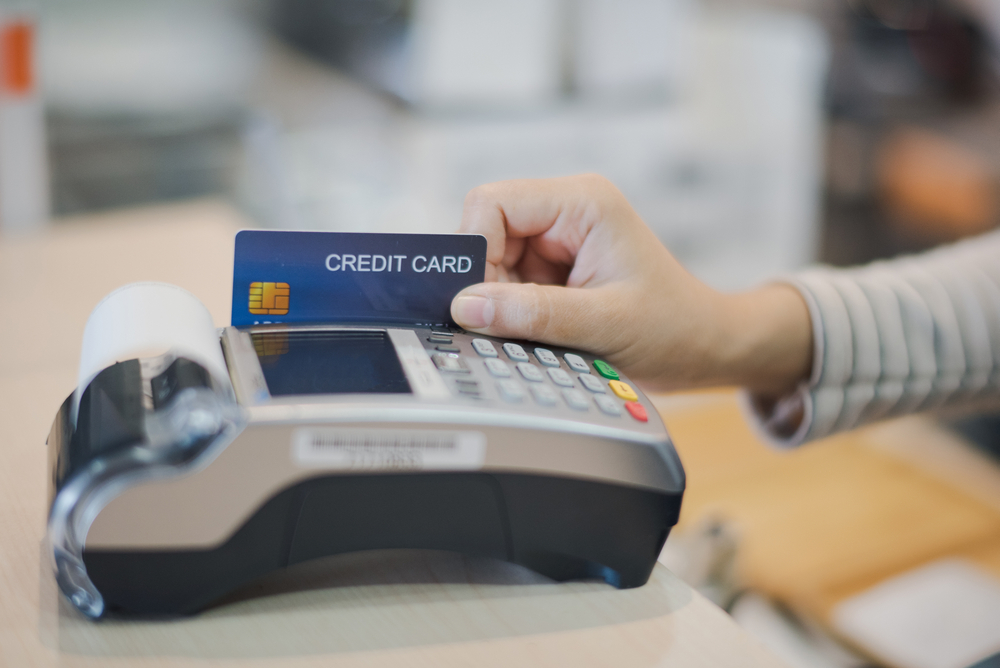We’re used to hearing the phrase “Buy now, pay later.”
It promises that we can enjoy positive feelings now and delay the pain of the expense until some abstract time in the future.
I’m sure we all know how tempting this can be when it comes to something we want – how wonderful we’d feel if we had it… right now!
But living well involves distinguishing our immediate impulses – toward pleasure or away from pain – from what moves us toward our more conscious values.
How we spend our money has huge leverage here.
Imagine you have an exciting trip planned for a few months from now. There are some incredible sights to see and experiences you’re looking forward to…
This is a destination that’s been on your list for a long time, and you’re thrilled you finally get to go. The trip is pricey, but you’ve saved up for it, and it’s well worth the expense.
The trip itself will last just a couple of weeks. But for the three months between now and then, you’ll get to enjoy the anticipation of the adventure – thinking about it, learning about it and savoring the experience you’re going to have.
That anticipation is important for enhancing the pleasure of the experience. In effect, it stretches out the time you spend enjoying it.
When you finally leave for the airport, you have an added bonus…
Not only did you save the money you needed for the trip, but you also paid for the trip in advance. You’ll spend some money on meals and other things, but the big expenses of transportation, preplanned events and lodging are already covered.
How does that feel? Probably pretty nice.
In part, that’s because there’s something missing: the pain. And the pain of paying for something may be more than metaphorical. When researchers measured brain activity in people as they were exposed to prices for different things, the insula – the part of the brain that responds to impending physical pain – activated when the prices seemed excessive.
So by paying for something in advance, you avoid that negative aspect when the time comes to enjoy your purchase. It might also feel like you’ve been given a gift from your past self. So you also get to feel gratitude for what you’ve done to prepare.
Buyer’s Remorse?
Contrast the above example with the following one, which features a more typical approach…
You book the trip, paying for it with a credit card. You enjoy the anticipation and the trip itself, but for many long months afterward, you must pay for the expense and the hefty interest it’s accrued.
Can you feel the difference?
If you’ve ever had to make payments on a car for several years after you first drove it home, you know the feeling of having the pleasure of ownership diminish while the pain of payments endures.
So there’s a big downside to enjoying something now and paying for it later. And it’s a pervasive downside.
Nearly half of Americans worry about debt.
That worry is a major drain on happiness, to the point that paying off debt can be a greater joy than spending money on almost anything else.
But the allure of enjoying now and paying later is powerful. It satisfies the more primitive, impulsive part of our nervous system.
This is the same kind of immediate reward that keeps us glued to our smartphones and sucked into video games, social media and TV.
It also speaks to a psychological dynamic within us. We tend to value our present self more highly than our future self. Our present self is tangible, concrete; our future self is abstract and distant.
But a big part of what makes us human is our ability to project ourselves into the future: to imagine what would likely happen if we were to do things differently, change our behavior, and plan a course of action that could lead to better outcomes.
The catch is that this takes energy and the willingness to delay gratification for a better future experience.
It’s also easier to throw the expenses of a trip on a credit card than to save or set aside money for it first. But the emotional benefits of paying for it first are significant.
If we didn’t value our present self over our future self, this wouldn’t require willpower. It would be easy, and nobody would ever overeat, go into debt or act impulsively.
But as Florida State University researcher Roy Baumeister has said, willpower – more than IQ or talent – is the most important human quality for success in anything.
The things we work for are the things we gain the most satisfaction from. That’s why there’s more happiness to be had by doing the hard part – actually paying for whatever it is – first and enjoying the reward later.
Try experimenting with this deliberately. Decide to pay for something significant in advance – and not with a credit card but with actual money you’ve earned already. Notice what your own experience is when you take care of the painful part first… and how that feels different from when you enjoy the benefits first and pay for them later.
I think you’ll find this is an effective way to get more happiness from how you spend your money.
[Editor’s Note: Sign up here to free get access to Joel’s weekly blog.]
